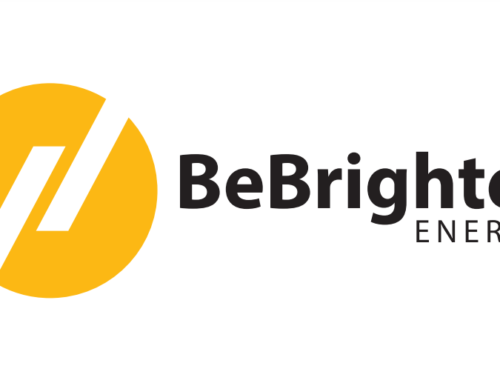Fresh Research Reveals That Renewable Energy Sources Are More Economically Viable Compared To Nuclear Power.
Recent research by the EEB, SSE, and PIK questions nuclear investments amid global efforts to decarbonize economies. Renewable energy’s profitability and speed surpass nuclear, hindering decarbonization. Examining planned nuclear projects, budget hikes are evident, e.g., France’s Flammanville project’s budget soared from 3.3 billion euros to 13.2 billion euros, excluding 4.2 billion euros financing costs. Similarly, Finland’s Olkiluoto plant rose from 3 billion euros to 11 billion euros. Previous research showed 97% of reactor projects faced 117% cost overruns on average.
Nuclear’s profitability hinges on risky financing and rising costs. Some claim a nuclear-inclusive system is cheaper, but this overlooks escalating older reactor costs. Predictions indicate nuclear costs will rise due to project trends. Despite nuclear’s climate change role, its competition is renewable energy, not coal or gas. Critique targets nuclear’s reliability; French plant availability is poor amid supply issues and high prices. Sustainability concerns arise from frequent droughts impacting cooling processes due to river flow reductions. Flexible renewable energy systems require low-capital, high-variable-cost backup solutions, unlike nuclear plants with slow ramp-up and upfront costs. Battery storage’s decreasing costs are touted as a backup avenue.
Conclusively, meticulous nuclear plant designs meeting safety standards can endure and remain economically viable, even accounting for long-term waste storage costs. However, given climate urgency and investment needs, researchers prioritize profitability, favoring renewable energy.
Articles written by Michael James



Leave A Comment